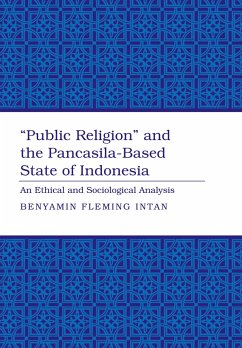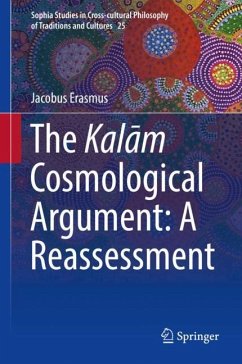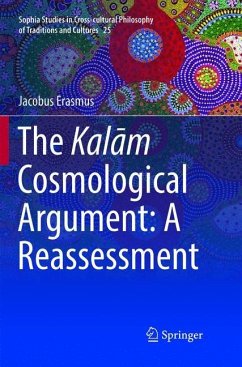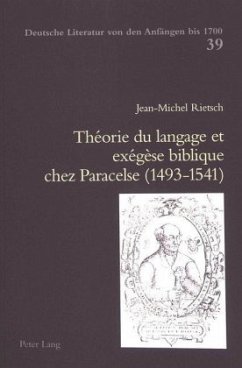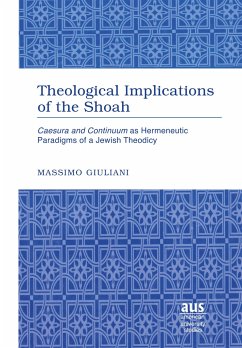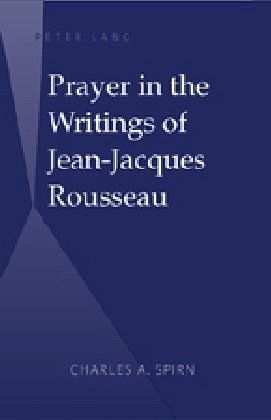
Prayer in the Writings of Jean-Jacques Rousseau
Versandkostenfrei!
Versandfertig in 6-10 Tagen
67,95 €
inkl. MwSt.

PAYBACK Punkte
0 °P sammeln!
This book casts a new light on Rousseau's personality and beliefs. Although the predominant thinkers of the time had a deistic outlook (God as distant and impersonal) and stressed rationalism and enlightenment, Rousseau stressed man's moral and spiritual aspects and needs, including praying to a God who listens and may respond. In this book, Charles A. Spirn has collected the prayers Rousseau wrote, which are scattered throughout his writings, thus publishing his acclaimed dissertation. Rousseau's beliefs are shown to be largely theistic, believing in a God who rules the world and has a person...
This book casts a new light on Rousseau's personality and beliefs. Although the predominant thinkers of the time had a deistic outlook (God as distant and impersonal) and stressed rationalism and enlightenment, Rousseau stressed man's moral and spiritual aspects and needs, including praying to a God who listens and may respond. In this book, Charles A. Spirn has collected the prayers Rousseau wrote, which are scattered throughout his writings, thus publishing his acclaimed dissertation. Rousseau's beliefs are shown to be largely theistic, believing in a God who rules the world and has a personal, providential, and responsive relationship with humanity. He is increasingly seen as the most influential French thinker of the 18th century who challenged the great of his day. Both clergymen and laymen turned to him for guidance in spiritual and existential matters.









